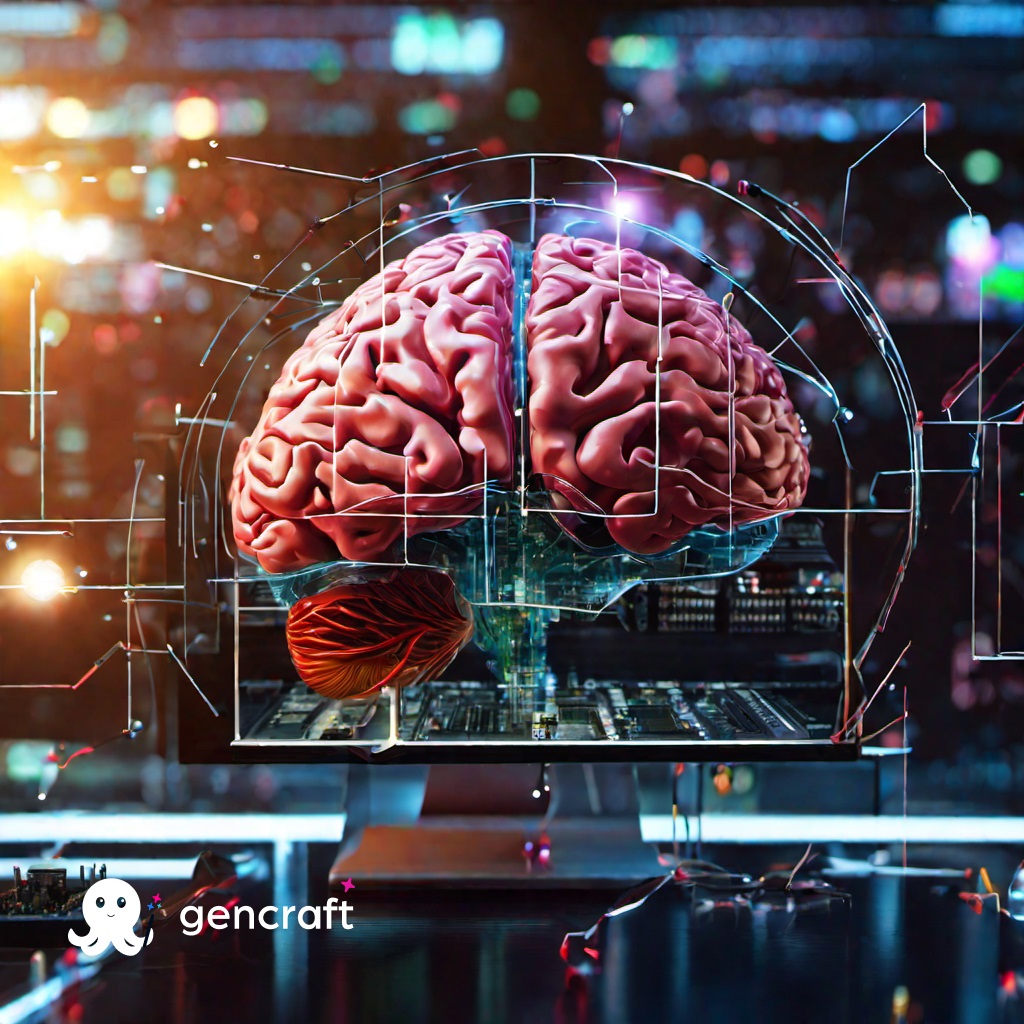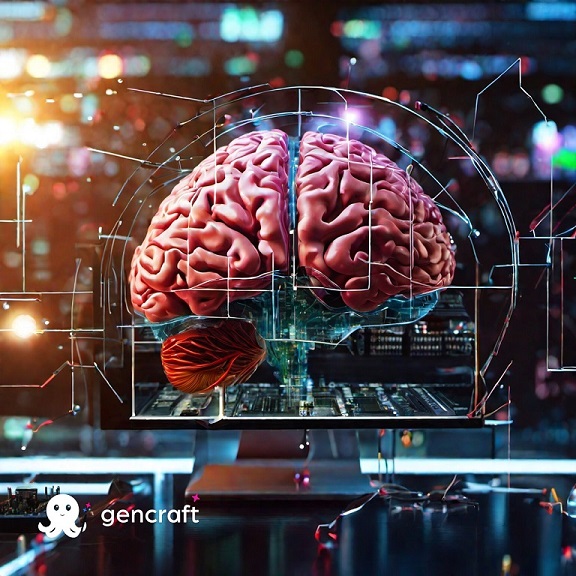As someone who has an educational and professional background in theoretical physics and computer sciences, I am confident that brain-computer devices are not only possible, but can also be fully integrated into our life and have more advanced options than we can imagine. When decoding brain data will become easier, capturing brain data will also become easier. It may even be possible to capture brain data wirelessly, and for certain technologies, the brain could function as a simple hardware component of a wireless computer. Can you imagine communicating between your brain and wireless technologies or even between your brain and another brain? Because I can, and physics can explain it, and many scientists can prove it. Maybe there are ongoing projects that will appear in the market in the near future and change our life.
But before that happens, we need to think about some important issues. Who should be responsible for setting the rules, laws, and regulations for these technologies? Should it be the United Nations, the European Commission, the governments, or other governmental, non-profit or international organizations? Who should have the power to protect the rights of usage of brain data? Who should own the rights of data of any person’s brain, and how should marketing and other industries use general data and statistics of the brain (or should they have access to such data at all)?
My post is not only about brain-computer interface (BCI) or other brain-related technologies, but also about regulations. I am for progress and these are rhetorical questions that should find their answers.

P.S. Here are some companies that are working to make progress:
- Neuralink – creating symbiosis between the human brain and AI, specifically merging computers with the human brain.
- Neurable – creating cognitive measurement tools and developing a way to measure the brain’s emotional state.
- Emotiv – builder of wireless electroencephalogram (EEG) monitoring headsets for scientific research and personal use.
- Kernel – building the next generation of brain measurement systems by leveraging the strengths of time domain-functional near-infrared spectroscopy (TD-fNIRS).
- NextMind – technology decodes the attentional focus from your brain activity and allows you to control digital interfaces directly with your mind, in real-time.
- Bitbrain – combines neuroscience, artificial intelligence, and hardware to develop high-tech EEG brain sensing devices and other human monitoring technologies.
- MindX – creating this link by “combining neurotechnology, augmented reality and artificial intelligence to create a ‘look-and-think’ interface for next-generation spatial computing applications.”
For grammar correction: ChatGPT (OpenAI, GPT-3.5 model), POE (Editing AI), Bing AI Chat (Microsoft AI).
For image creation: Gencraft AI tool.
